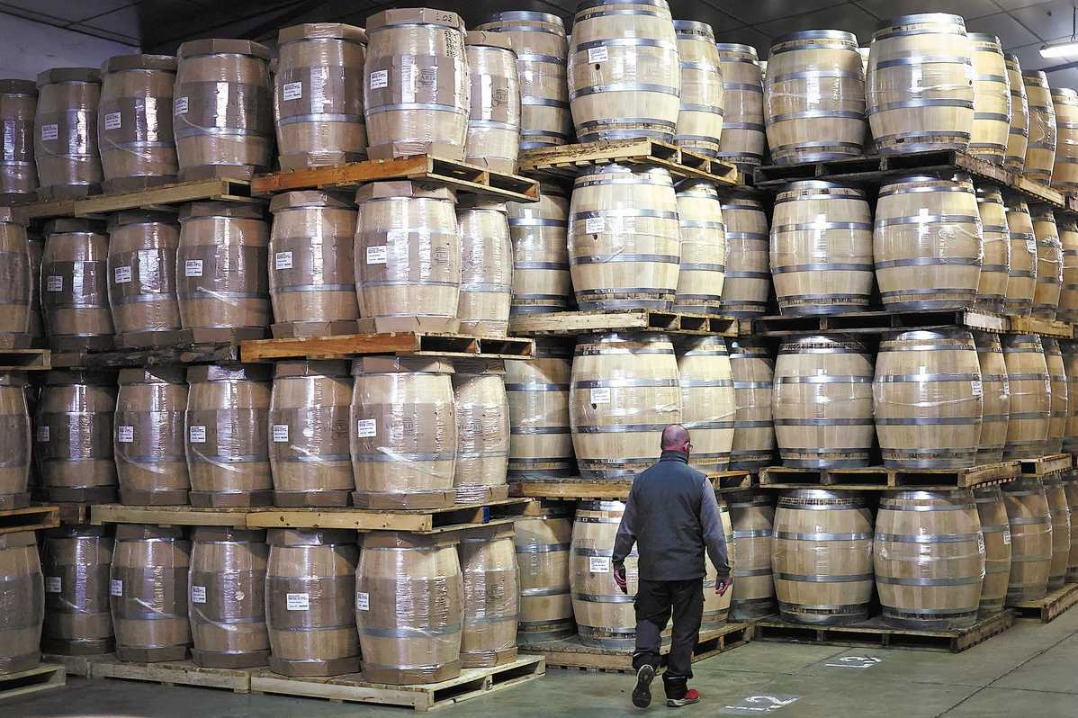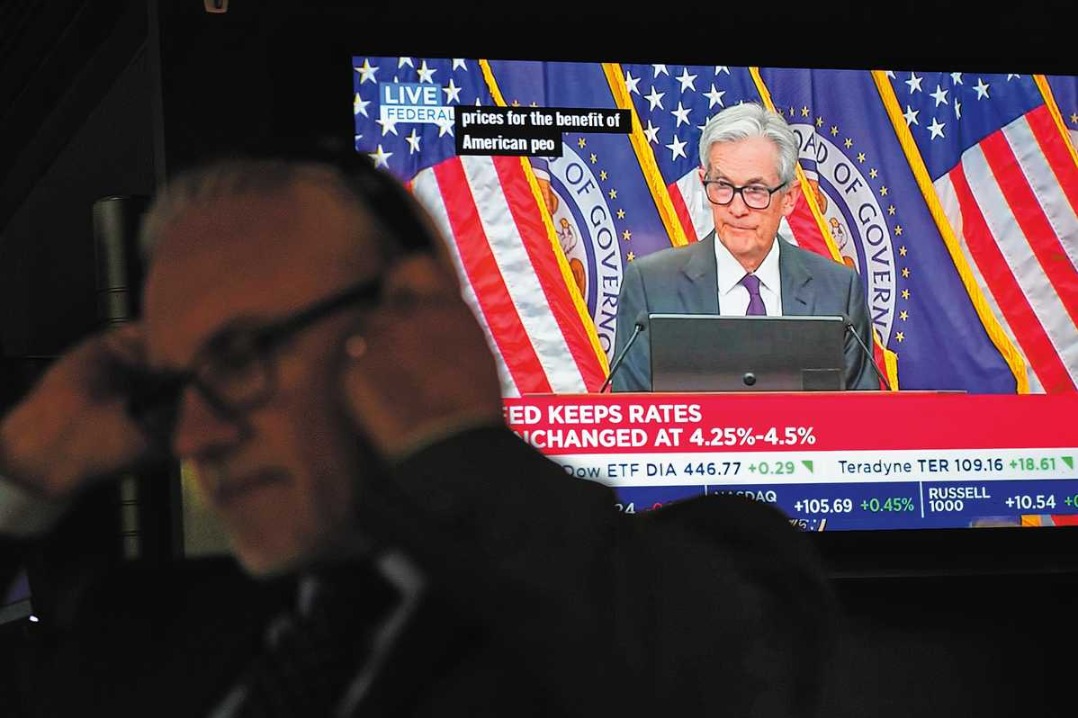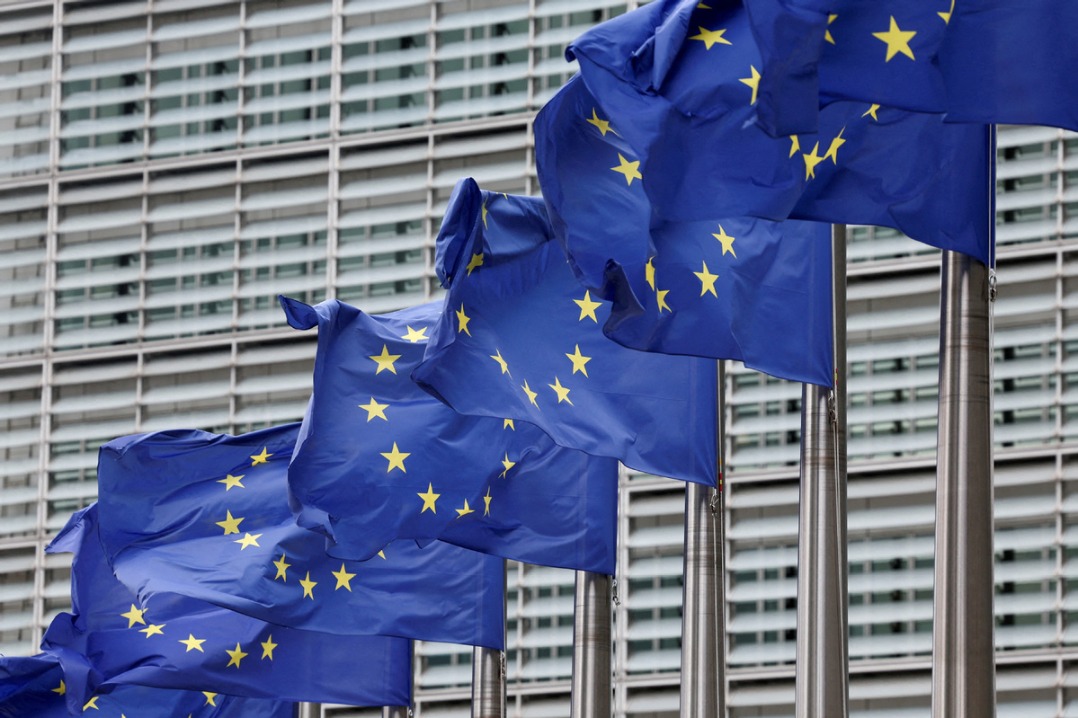Public health scholars urge nonpartisan approach to coronavirus

More than 70 scholars in the public health field signed a letter imploring leaders in the US and China to put partisan interests aside and coordinate their responses to the COVID-19 outbreak.
"We commend government agencies in Washington, Beijing and elsewhere for the energy they are expending to fight COVID-19. We want to implore leaders, however, against recklessly politicizing this pandemic," said the open letter issued Friday.
Signatories include Matthew Kohrman, associate professor of medical anthropology at Stanford University; Xi Chen, assistant professor at the Yale School of Public Health; and David Christiani, professor at the Harvard T.H. Chan School of Public Health.
In the letter, the scholars said diseases are political and they necessitate governmental action and that no one should try to suggest otherwise.
"Unchecked, they devastate communities and economies, ravaging the most vulnerable among us the hardest," they wrote.
The letter, which was published in The New York Times in a shortened version, encourages global leaders to treat the pandemic as a political foe, because it has led to millions of people put out of work and said it could kill untold numbers of people.
They said "a powerful, multilevel, transnational, coordinated array of political responses must occur".
"The use of government authority, invoking the bully pulpit and the strong arm of local officials, is needed like never before. In other words, more politics, not less, is required when it comes to COVID-19," the scholars wrote.
"But leaders in Washington, Beijing and beyond must avoid infusing the politics needed to tackle this disease with tactics designed to serve their own partisan interests," they added, stressing that their power should be applied "to care for others, to marshal resources for disease prevention and treatment — not to deflect blame, shore up approval ratings, settle scores, or demonize people because of ethnicity at home or abroad".
"Striking a balance, between the right and wrong ways to politicize COVID-19 responses, is hard given the tenets of containment," they said.
The scholars wrote that the public is told to secure themselves, their families and their countries, but diseases know no borders and medical supply chains are international. Therefore, they said, "scientific innovation and crisis management necessitate data sharing".
"Intergovernmental collaboration, as a consequence, cannot be sacrificed to containment. They must go hand-in-hand," they stressed.
They called on leaders to be cautious when deploying their political capital to fight COVID-19 for another reason: "Relationships can take years to nurture and only moments to destroy, especially when an ill-advised tweet, meme or comment is unleashed and spreads globally.
"Do not be flip when it comes to your important relationships," the scholars warned.
They said "there is no place today for politicians who traffic in conspiracy theories or insulting language about virological origins".
"Now is the time, instead, for leaders to re-build global public health alliances, such as the woefully underfunded World Health Organization, to renew scientific exchanges, and to communicate respectfully across borders," they wrote.
































